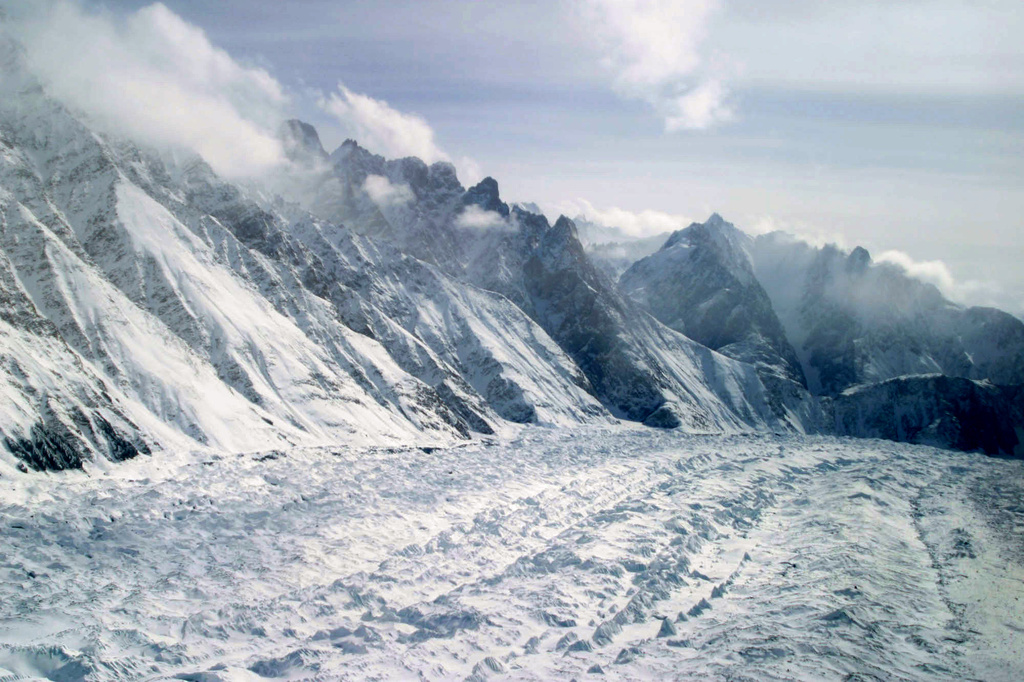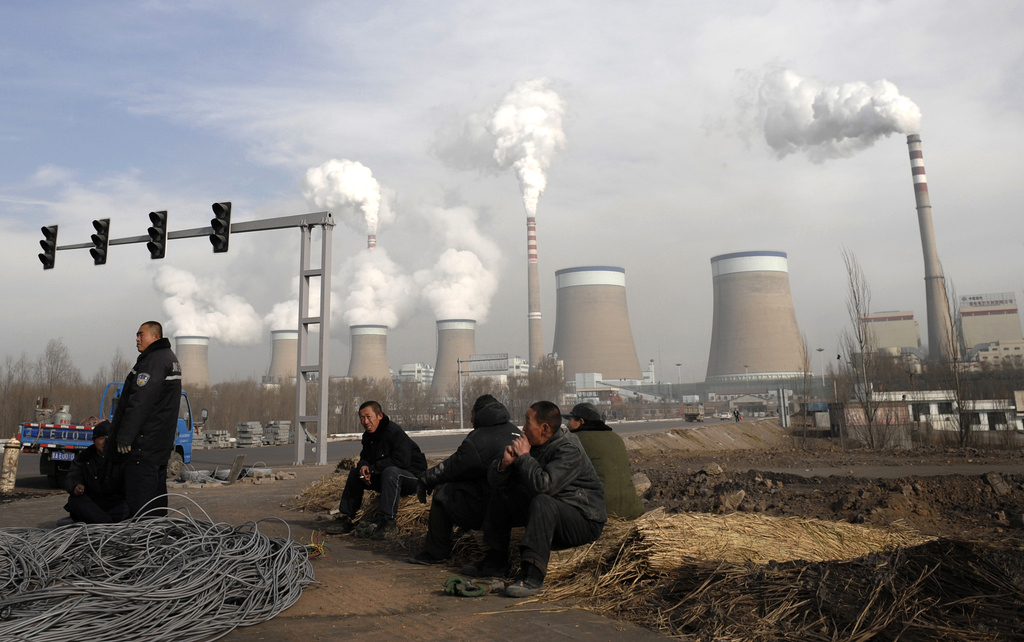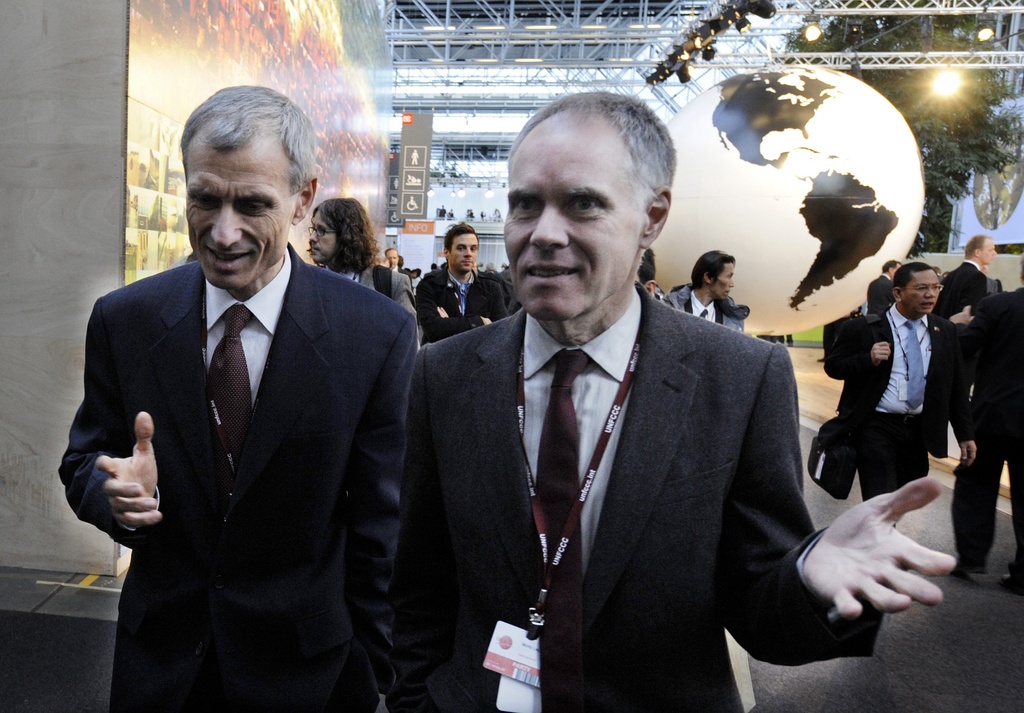UN climate panel urged to stick to science

A global group of scientists has said a United Nations panel should avoid advocacy and rely only on solid evidence when making predictions about climate change.
The InterAcademy Council (IAC) released a report on Monday that said the UN Intergovernmental Panel on Climate Change (IPCC) needs stronger review procedures and “significant reforms” to avoid publishing mistakes.
Co-chair of the IPCC, Swiss climatologist Thomas Stocker, said implementing the recommendations contained in the critical review could strengthen confidence in the panel’s future assessments of the planet’s climate.
The IPCC was criticised after it admitted in January that a 2007 global warming report had “regrettable” errors. The group, which shared the Nobel Peace Prize with Al Gore in 2007, had exaggerated the pace of Himalayan glaciers melting while overstating facts such as how much of the Netherlands lies below sea level.
“Qualitative probabilities should be used to describe the probability of well-defined outcomes only when there is sufficient evidence,” the report said.
UN Secretary-General Ban Ki-moon has acknowledged there were a small number of errors in what is known as the Fourth Assessment Report, a 3,000-plus page document that cited more than 10,000 scientific papers. But he has insisted that its fundamental conclusions were correct.
Questions remain
Reports from the IPCC form a basis upon which governments around the world take political action and negotiate strategies for combating climate change.
To avoid future mistakes in those reports, the authors of Monday’s document said the IPCC needs an executive committee that includes experts from outside the panel. It also needs a stiffer enforcement procedure for reviewing scientific papers and a “rigorous conflict of interest policy”.
Ranjendra Pachauri, chairman of the IPCC, also came under fire. He currently has a 12-year term, which the report argued is too long.
When asked at a press conference in New York whether he would step down, Pachauri said “that question will be debated by all of the governments of the world” at the IPCC’s 32nd session to be held in South Korea in October.
“Slow and inadequate”
The revelation that the IPCC had made a “few errors” has weighed against the group’s credibility or at least against its “processes,” Harold Shapiro, chairman of the IAC told a news conference in New York.
The IPCC report in question estimated that some of the world’s biggest glaciers could disappear by 2035 if not sooner. It also said more than half of the Netherlands was below sea level. The Dutch government puts the figure at 26 per cent.
“There was general agreement among people we talked to, as well as an acknowledgement by the IPCC itself, that its public response to the errors earlier this year was slow and inadequate,” Shapiro said.
He added, however, that the methods used by the IPCC to do periodic assessments on climate change have been overall “a success and served society well”.
In February, a group of leading climatologists published a series of recommendations for IPCC reforms in the journal Nature.
Stocker, a professor at Bern University, has argued that publishing reports every six years, as is the case now, ensures “the robustness required for a thorough and rigorous assessment.”
The next report on climate change will be published in 2013 and 2014.
swissinfo.ch and agencies
Thomas Stocker was born in Zurich and obtained a PhD in Natural Sciences at the Zurich Federal Institute of Technology (ETHZ) in 1987, before holding research positions at various British, Canadian and American universities.
Since 1993 he has been professor of climate and environmental physics at Bern University. His research encompasses the development of climate models of intermediate complexity, modelling past and future climate change and the reconstruction of the chemical composition of precipitation and greenhouse gas concentrations based on ice cores from Greenland and Antarctica.
He served as a coordinating lead author for the Third and Fourth Assessment Reports of the UN Intergovernmental Panel on Climate Change (IPCC) and is co-chair of a scientific working group of the IPCC’s Fifth Assessment Report.
The Intergovernmental Panel on Climate Change (IPCC) is the leading body for the assessment of climate change, established by the United Nations Environment Programme (UNEP) and the World Meteorological Organization (WMO) to provide the world with a clear scientific view on the current state of climate change and its potential environmental and socio-economic consequences.
The IPCC is a scientific body. It reviews and assesses the most recent scientific, technical and socio-economic information produced worldwide relevant to the understanding of climate change. It does not conduct any research nor does it monitor climate related data or parameters. Thousands of scientists from all over the world contribute to the work of the IPCC on a voluntary basis.
Review is an essential part of the IPCC process, to ensure an objective and complete assessment of current information. Differing viewpoints existing within the scientific community are reflected in the IPCC reports. Source: IPCC

In compliance with the JTI standards
More: SWI swissinfo.ch certified by the Journalism Trust Initiative




You can find an overview of ongoing debates with our journalists here. Please join us!
If you want to start a conversation about a topic raised in this article or want to report factual errors, email us at english@swissinfo.ch.